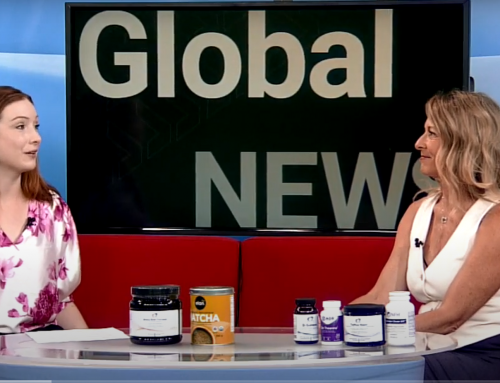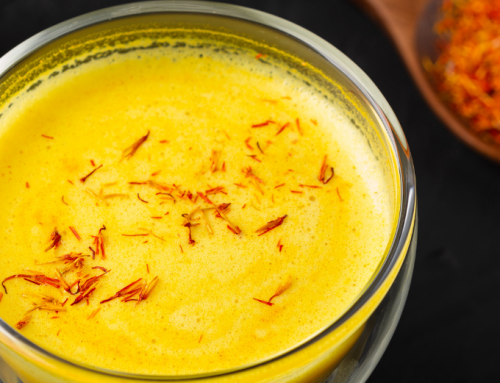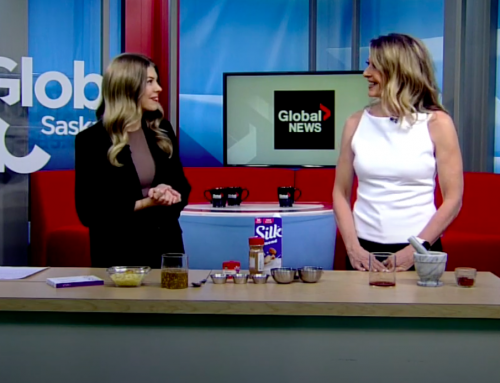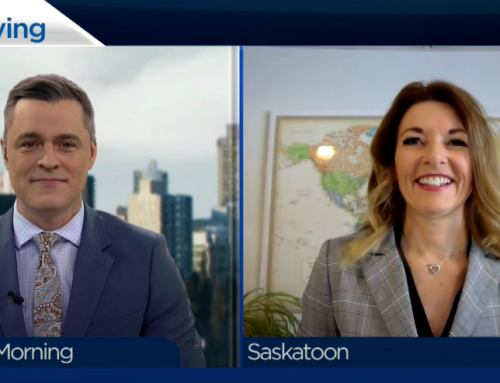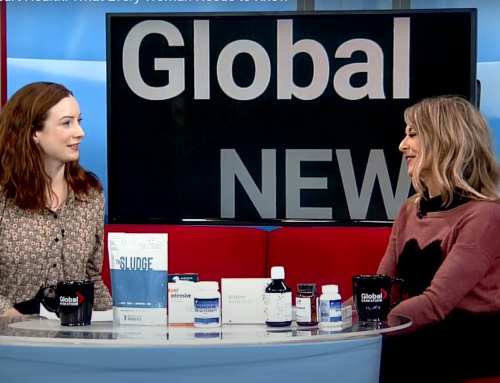Yes, in fact this can be true when it comes to menopausal women!
As it turns out, most of the information we know about exercise and eating for our young female bodies actually becomes less appropriate for us as we head into menopause.
Check out Dr. Fleury’s latest Global TV interview or keep reading to learn more.
When it comes to exercising, much of the information we are attempting to implement is based on research and data collected on young males who are at the peak of their muscle mass and strength building hormones, which is a very different scenario than a women in her late 40’s or early 50’s, who is often at the lowest point of her muscle mass and the highest point of body fat.
I often tell my clients that as women we seem to be able to get away with most anything in our 20’s – we can exercise hard, eat whatever we want and be in shape. Slowly over time this situation changes, and by the time we hit our 40’s we start to notice we can’t eat the way we used to, or that without changing the exercise or eating, the weight still seems to creep up.
A very common situation is when a women decides in her 40’s that she is going to “get back into shape” or to ramp up her exercise or train for a marathon or a 10km race, only to find at the end of that goal that she hasn’t lost a pound or maybe even gained a few pounds. Plus they may be more fatigued than ever and possibly feeling run down and sick a lot more. Often the root cause of feeling worse and not better from exercise is the hormone cortisol that is released when your body feels stressed or overworked.
What is going on here?
Well, this is a situation where “less is more” when it comes to exercise and movement.
Our bodies at this stage require more rest and recovery, combined with short and intentional bursts of higher intensity exercise and weight training to keep our bones and muscles strong and fit.
And at this stage, fueling the body with quality over quantity highly nutritious food is a complement to the “less is more” approach to movement. Hiking, biking, and walking are not only great ways to move your body in an intentional yet gentler way, but they can involve other members of your family rather than you feeling isolated on the running trail or spin bike!
Takeaways are this: Less is more when it comes to exercise in our 50’s, and you should always feel better, not worse, after movement. Move your body daily and consistently, but do what you love to do, and share these activities with people you love to be with. When it comes to fueling your body, remember that inflammation is a root cause to many ailments as we age, and that adopting an anti-inflammatory way of eating can hugely impact the way your muscles and joints feel and the way you feel energetic and recovered.

